Three things your project manager should be doing for you (but probably isn’t)
Too often web development teams let you down. Good project management is the exception, not the rule. Clients have become conditioned to believe that sub-par systems and broken processes are the cost of doing business.
At Good Work, we’ve got your back. We are web development experts who are obsessed with the process - not just the end result. We have a bullet-proof web development process you can trust.
Project management is not just about beautiful – but unrealistic – spreadsheets, or nagging reminders of deadlines. We believe you should expect more from your project manager (PM). In fact, we think your PM should be exceptional in three key areas: Communication, Documentation, and Philosophy.
1. Communication: Project status updates on a weekly basis
One of the easiest things that PMs can do for clients is provide a weekly project status update. The goal is to provide a high-level overview of the project's health, an update on key milestones, and call out any issues or concerns that would prevent things from moving forward as expected.
An important element of this communication is that it is proactive, not reactive. This isn’t simply a report on what happened last week. This is also forecasting ahead. At Good Work, we share potential issues or concerns as soon as we see them. This gives our clients a head’s up even if now is not the time to react. This way they are not caught off-guard when a decision is needed.
Why is poor communication an issue?
Projects are constantly evolving, and most PMs are working on anywhere from 5-20 projects at any given time. There are so many moving parts and things to do. Why take the time out to proactively communicate?
Consider this: it is the PM’s responsibility to communicate with the client, not the client’s responsibility to track down the PM. Without the communication, clients don't even know they are on the PM’s radar. Silence opens the door for assumptions. It erodes trust in the project.
With communication coming at least weekly, the client has confidence that the project is moving forward. They can trust that the PM isn’t just hiding things and hoping they will go away. They have assurance the process is transparent.
2. Documentation: Creating a shared system for project details
Agencies have a way of documenting projects. And clients often have their own – very different – system for keeping track of things. By creating a shared system for all the project details, your PM is creating documentation around the shared relationship.
It’s too easy to get bogged down in which system to use. The more important details are who has access and what gets put into the system. (But if you’re curious, here are the tools we use for our project management process.)
At Good Work, the project plan is the most important piece of the puzzle. This includes all the assumptions, the moving parts, the timeline, and expectations. The scope and contract are also included.
Shared documentation provides a historical account of the project, and helps with people coming in and out. Whether employees leave the company or there is an internal reassignment, someone often needs to get caught up to speed mid-project. This shared documentation makes the onboarding process much smoother.
What are the risks of NOT having shared documentation?
The biggest risk of not having shared documentation is related to any shifts in the project. Consider big things like scope addendums or smaller things like deciding between A and B.
At Good Work, every decision made lives in a shared document, so that if there is a question about something, there is a quick reference. (Pro tip: pivot tables are especially good here.)
This all needs to be captured in the project plan, showing how these shifts impact time and cost. This way the client never feels like the agency pulled a fast one on them. Without this documentation, it’s all left up to memory and conjecture. Our goal is to leave zero room for ambiguity. Everything is written down – if it’s not in the shared documentation, it doesn’t exist.
3. Philosophy: Be the PROJECT’S biggest advocate (don’t choose sides)
Different PMs and companies tend to have a culture that leans one way or the other – either being internally focused (keep employees happy) or client-service oriented (the client is always right).
But the role of a good PM is to be Switzerland. Keep the 30-thousand-foot view. Manage everyone’s expectations. Don’t take sides.
This means they need to be willing and able to have hard conversations with their team or the client. As an objective third party, their role is to keep people accountable. Of course, being as diplomatic and human as possible.
Another way that our PMs work as a project advocate is to equip our clients with the verbiage or level of detail needed to bring the leadership along. At Good Work, we join calls to help sell an idea, or draft emails to communicate to the leadership team on behalf of our client.
What’s the goal of having a ‘project advocate’ philosophy?
When the client knows that the project success is the whole point, we increase the trust factor. Our clients know that we aren’t just people pleasers, which means we’ll say yes when it’s right for the project, and no when it doesn’t. We’re looking out for both our team and for them.
It’s time to expect more from your PM
You shouldn’t have to settle for a project management process that lets you down. It’s okay to expect more from your PM and your web development agency. You deserve to launch your projects on time, on budget, and with confidence.
Further reading
-
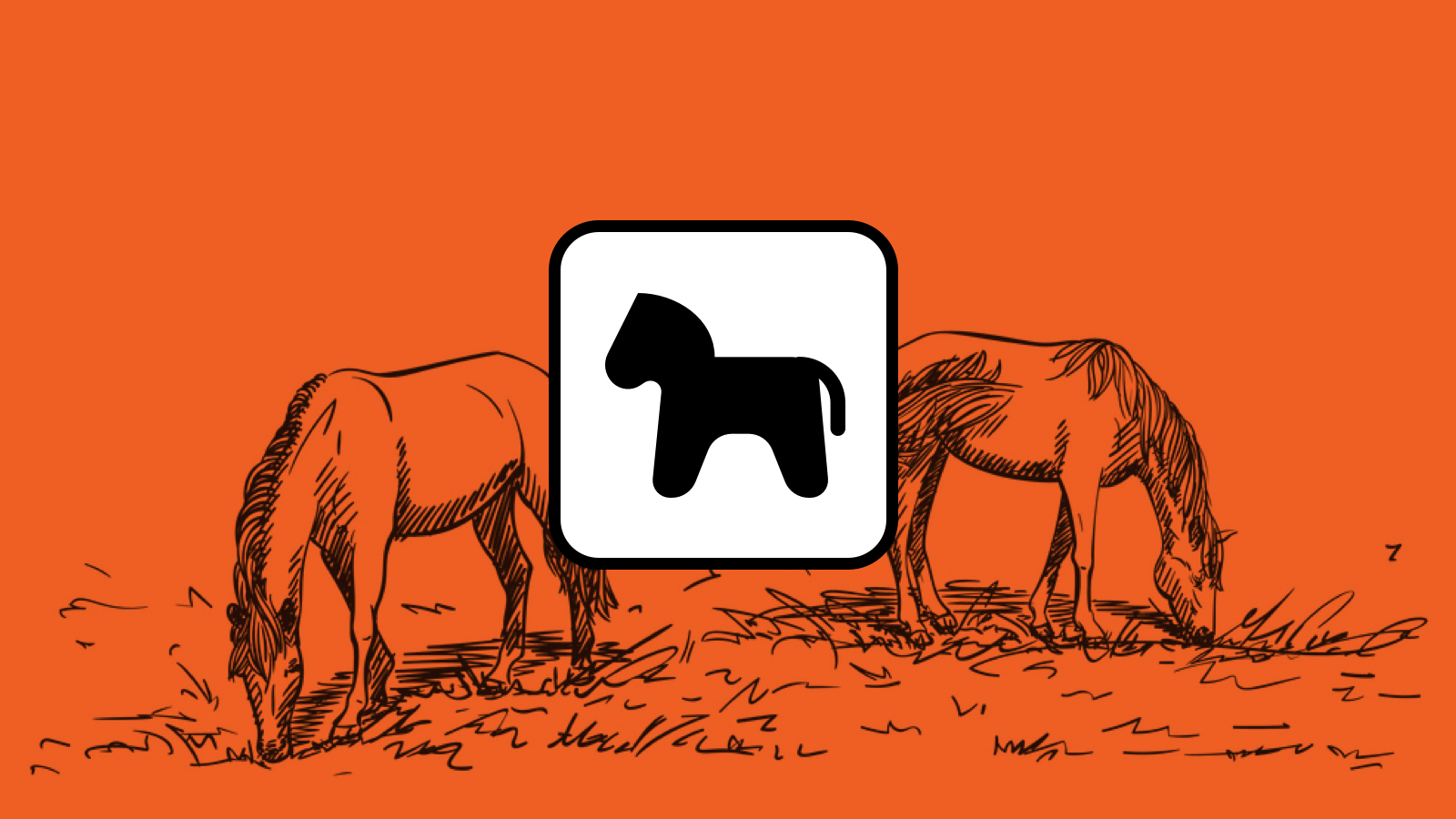
Pwny plugin for Craft 5
-

Craft 5 Released
-

Ten years of Good Work
-

Expanding our services: Introducing ‘Friends of Good Work’
-
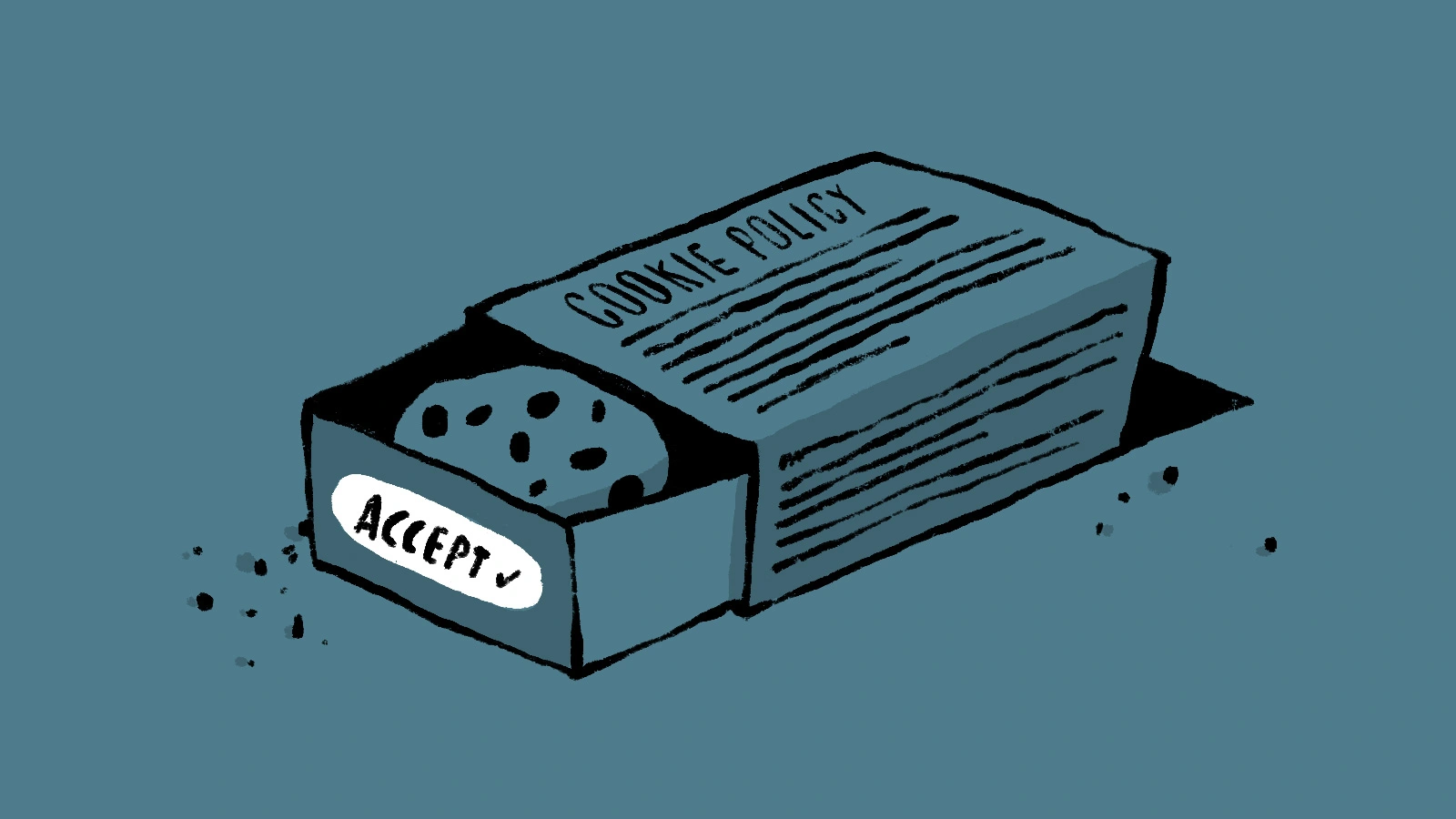
How to master GDPR and CCPA compliance: a step-by-step guide to handling website cookies
-
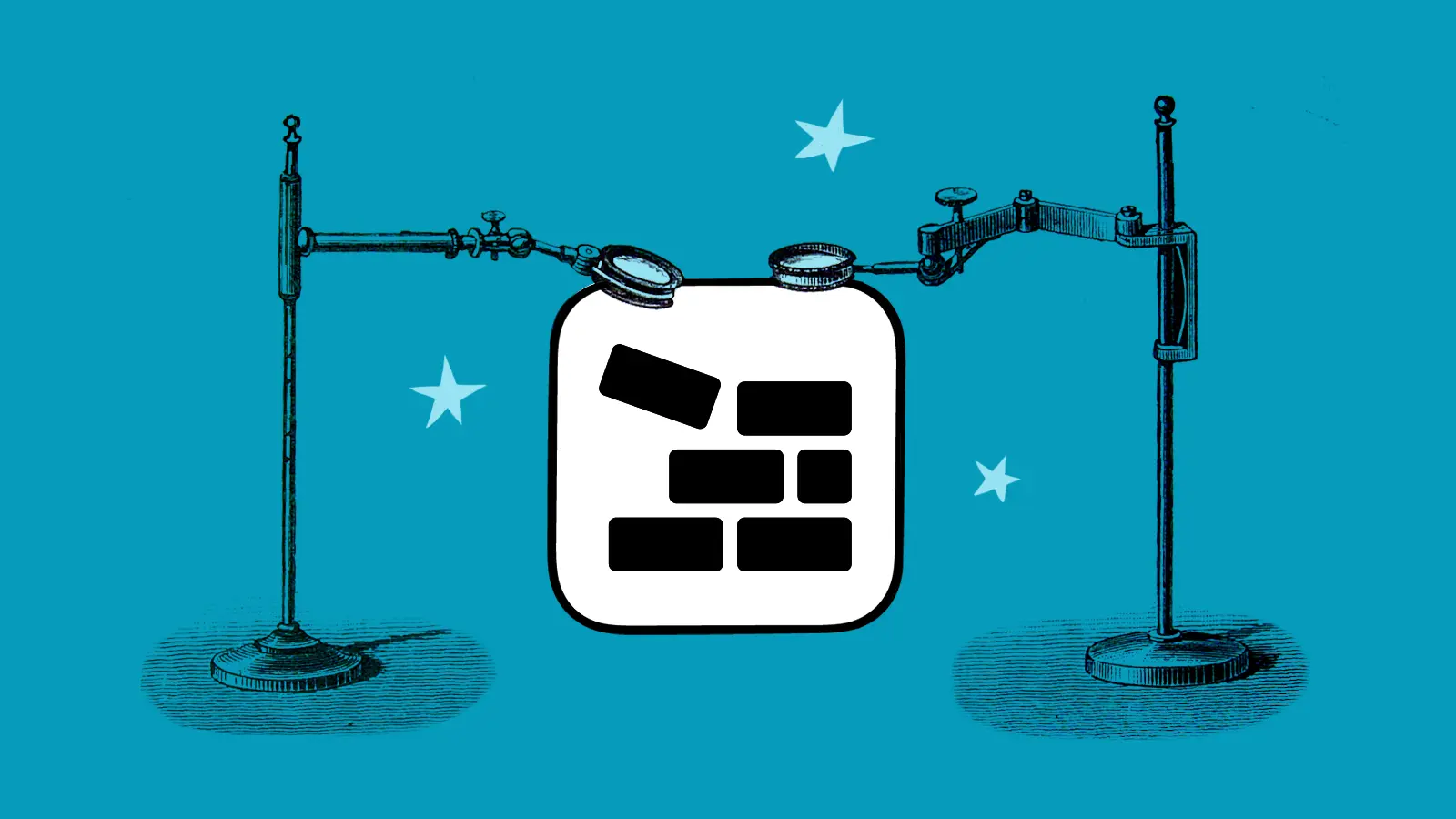
Block Usage plugin for Craft CMS
-
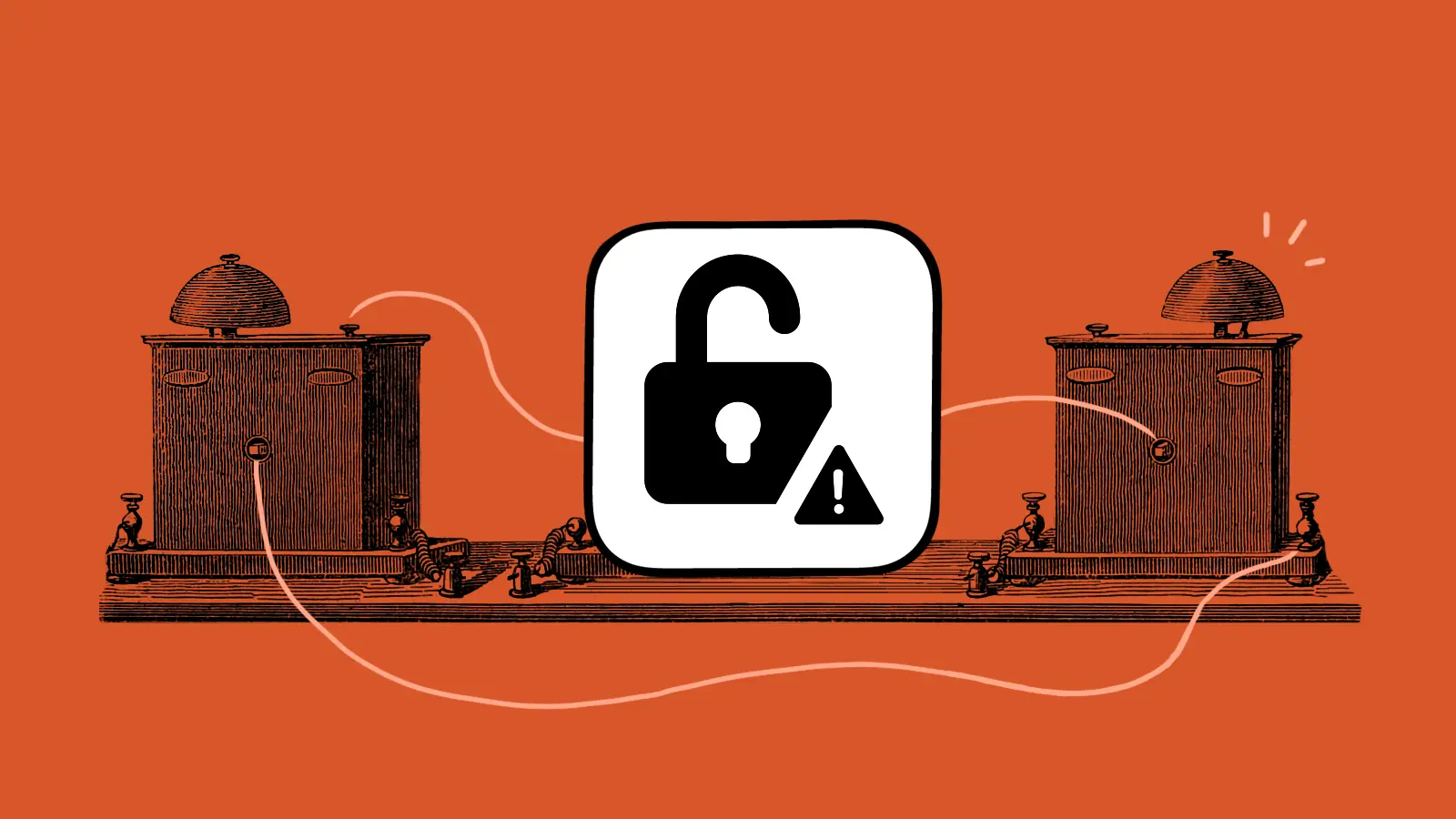
Nag plugin for Craft CMS
-
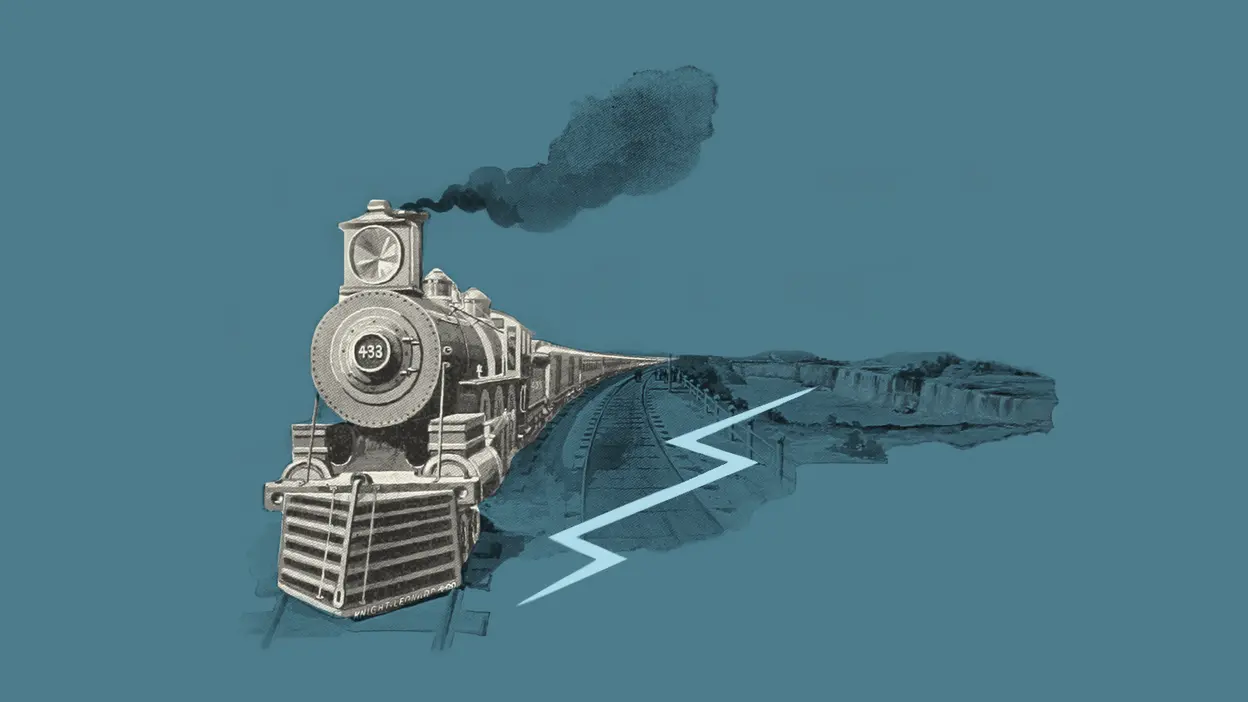
Three reasons most digital projects get derailed (and why yours doesn’t have to)
-
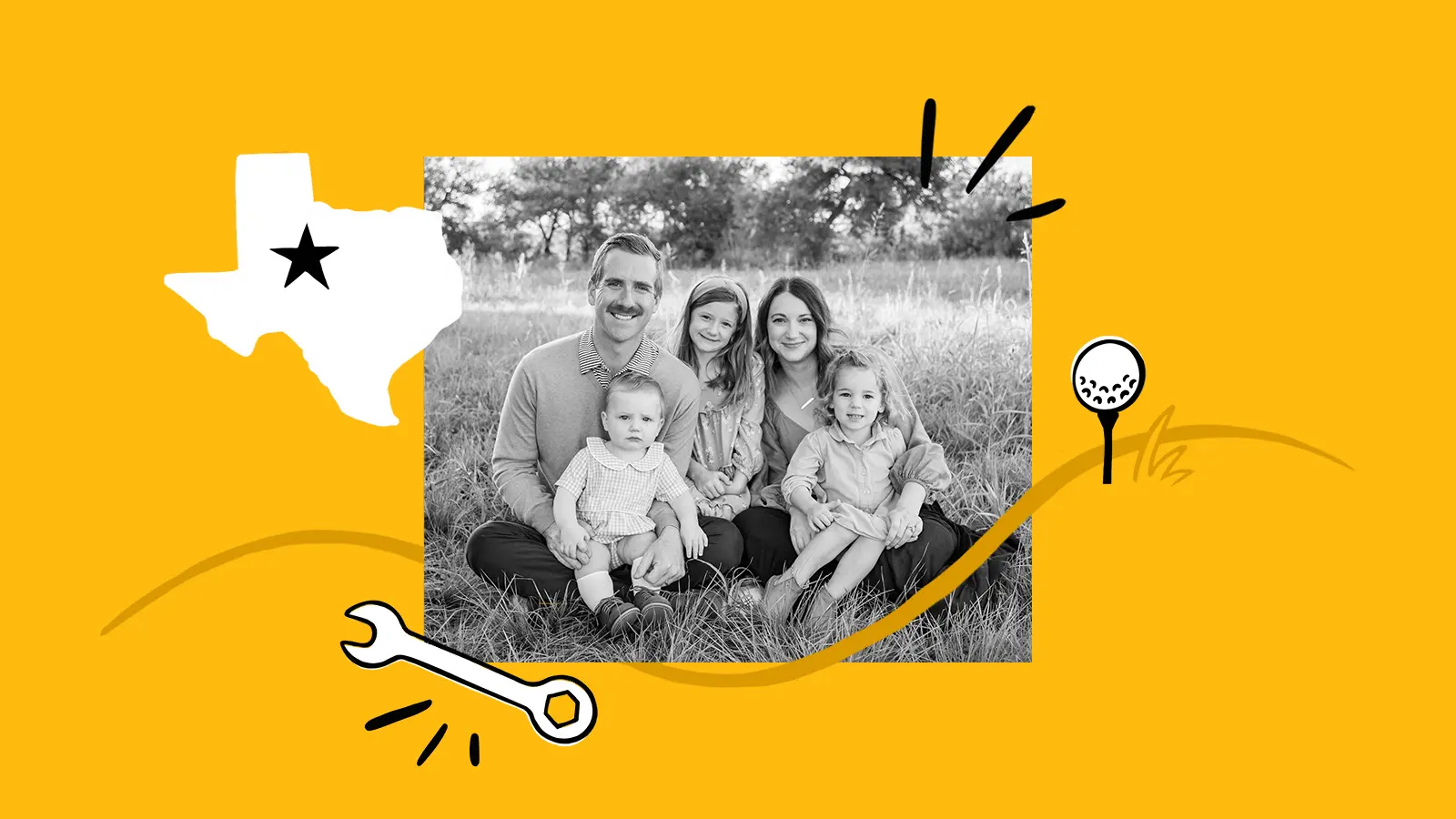
Good Work leads to a good life
-

Update Craft CMS 3 to 4
-

Eight lessons learned from eight years of Good Work
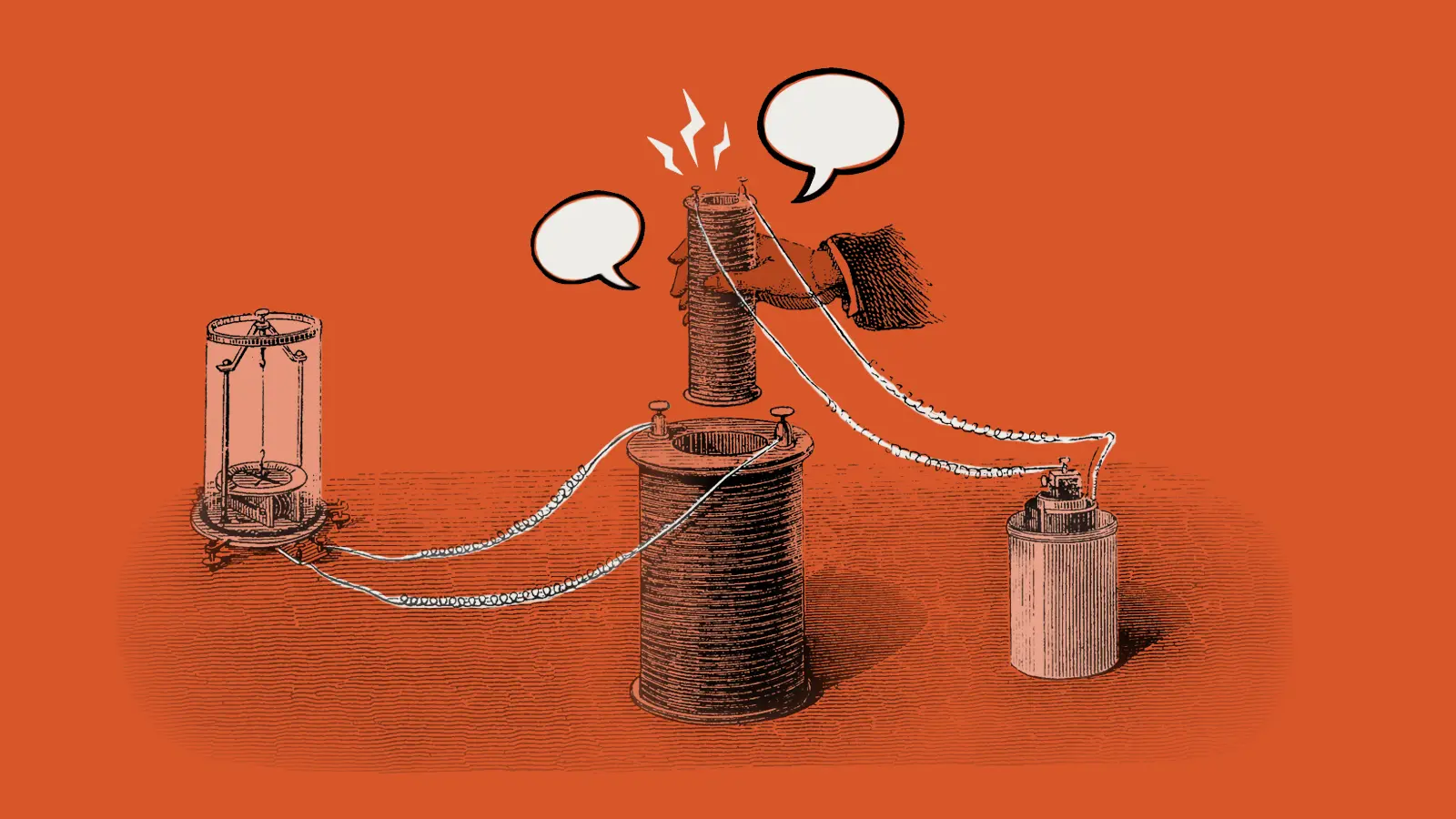
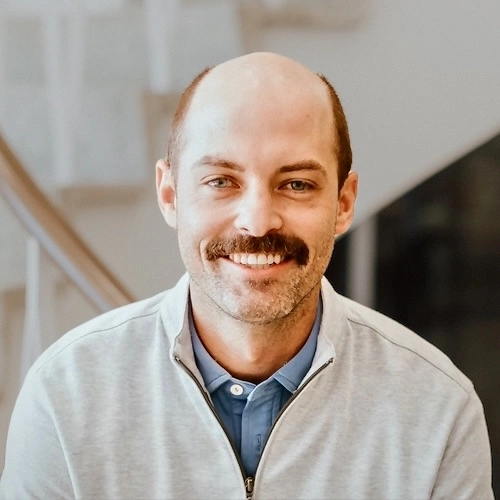 By Garrett, 6 Oct 2022
By Garrett, 6 Oct 2022
 By Ant, 2 Dec 2024
By Ant, 2 Dec 2024
 By Chris, 1 Apr 2024
By Chris, 1 Apr 2024
 By Katie, 7 Dec 2022
By Katie, 7 Dec 2022